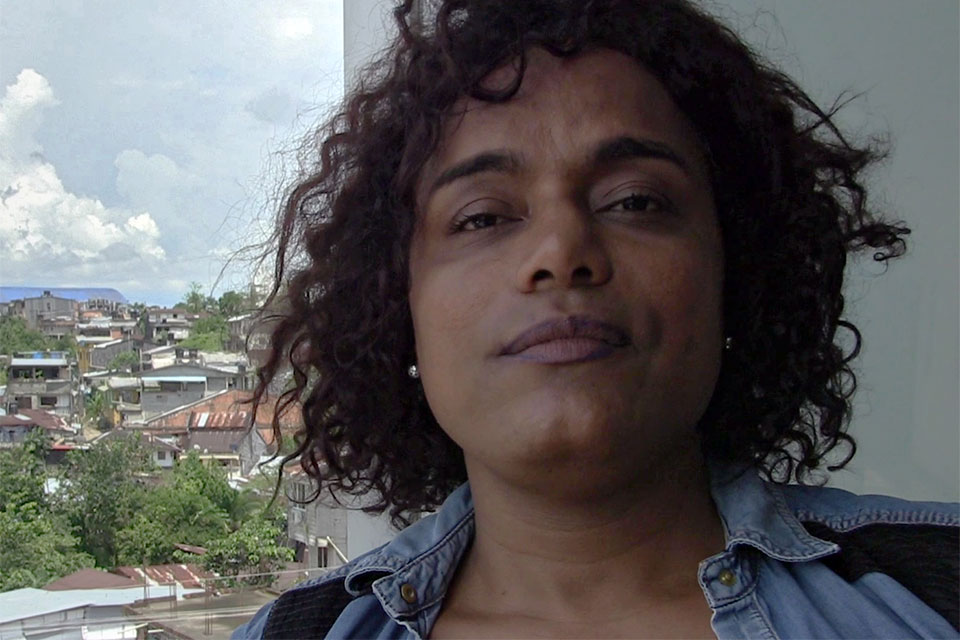From where I stand: “Together, we are building peace and equal rights in our territories”
Johana, a trans woman, is the founder of the Johana Maturana Foundation, an organization that promotes LGBTI people’s rights in the Chocó Department of Colombia. She stresses the need for financial resources to reach local communities and that communities must shape humanitarian action.Date:

![]()
The armed conflict has brought us a lot of despair, sadness and agony. As women and as part of a diverse population, being displaced has affected us a lot because our peers have had to leave their territories and move to other cities. We cannot talk about post-conflict when there really isn’t such a thing. We are still at war.
When we created the organization five years ago, I had to use my own resources. In Colombia, there are many organizations [that promote LGBTI people’s rights] at the national and departmental levels, but it is indispensable that [resources] reach them. International cooperation [has to] reach the territories and make a real assessment. We must make sure that the money [reaches] the organizations that are working with enthusiasm and love.
Also, discussions must be held in the territories with the people from the community to build consensus. This way, we can really begin to close the inequality gap for women, children, the elderly, the LGBTI community and those living with disabilities. We invite decision-makers to come and see for themselves the needs that we have in the Chocó Department and in each of the territories of Colombia.
We want to be [recognized] as diverse women and as LGBTI people who are truly bringing about changes and transformations within our communities. We have achieved progress with a lot of things, for example with marriage equality and the right for trans people to change their names and genders, but we haven’t achieved this alone—we have built it with the entire women’s [movement]. Together, we are building peace and equal rights in our territories.”
This story has been written based on Johana Maturana’s interview for “Who Holds the Microphone”, a series of participatory videos featuring crisis-affected local women and women’s organizations, as part of a UN Women research project funded by the U.S. Government. On World Humanitarian Day, Maturana’s words remind us of the critical work of grassroots organizations working for gender equality in crisis settings. Their leadership, voice and experience must shape humanitarian action.